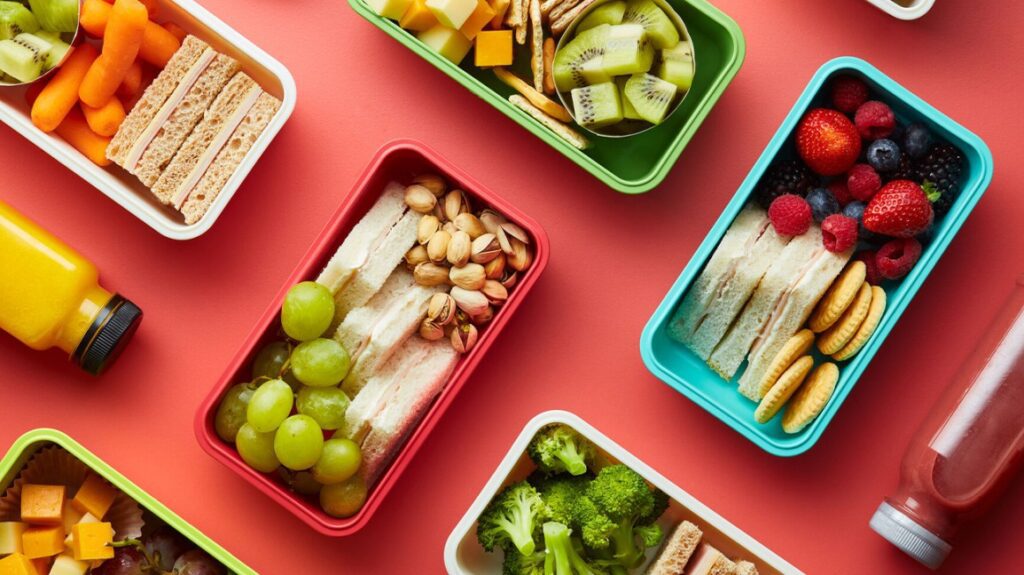Meal planning is an effective way to ensure you are consuming a healthy and nutritious diet. By spending a few hours each week to plan and prepare ingredients, meal planning helps you save time and money, reduce food waste, and consume a well-balanced diet. Tips for successful meal planning include keeping it simple, planning for leftovers, cooking in bulk, incorporating healthy snacks, and being flexible with your plan. By following these tips and dedicating some time and effort, you can make healthy eating a habit.
Plan Ahead for Success: How to Meal Plan and Make Eating Healthy a Habit
Eating healthy is an important part of living a balanced and long life. However, with the busy routines and hectic schedules, it is difficult to find the time to plan and cook healthy meals. The solution to this problem is meal planning. By dedicating a few hours each week to meal planning, you can ensure that your diet is nutritious and healthy while also saving time and money.
Benefits of Meal Planning
There are many benefits of meal planning, including:
1. Save time: Meal planning saves you time throughout the week as you won’t have to spend time deciding what to make for dinner each night.
2. Save money: By making a grocery list and sticking to it, you’ll save money and avoid buying unnecessary items.
3. Less food waste: With a meal plan in place, you’ll avoid buying too much food, and also be able to use up leftovers in creative ways.
4. Healthier meals: Meal planning helps ensure that you’re eating a well-balanced diet with all the necessary nutrients.
How to Start Meal Planning
1. Start with a meal planning template or app that works for you. There are many free templates available online, or you can use a meal planning app that makes it easy to drag and drop recipes and generate grocery lists.
2. Decide on your meals for the week. Consider your schedule and plan meals accordingly. Look at your calendar and see which days you’ll have more time to cook and which days you’ll need something quick and easy.
3. Create a grocery list. Once you have your meals planned, create a grocery list with everything you’ll need for the week. Consider what you already have on-hand and what you need to buy.
4. Shop for groceries. Stick to your grocery list when shopping to save time and money. Buy fresh ingredients that you’ll use soon to avoid food waste.
5. Prep ingredients in advance. Meal prep is a great way to save time during the week. Chop vegetables, cook rice, and marinate meat ahead of time, so you can just assemble and cook meals quickly during the week.
Tips for Successful Meal Planning
1. Keep it simple: Don’t try to make elaborate meals every night. Stick to simple recipes that are easy to prepare and use common ingredients.
2. Plan for leftovers: Plan meals that make enough to have leftovers for lunch or dinner another day of the week.
3. Cook in bulk: If you’re cooking something that freezes well, make extra and freeze it for another busy weeknight.
4. Don’t forget snacks: Plan for healthy snacks like fruit, nuts, and vegetables to avoid unhealthy snacking throughout the day.
5. Be flexible: Don’t be afraid to swap out meals or change plans if something comes up during the week. Your meal plan is a tool to help you eat healthier, not a rigid rule.
Conclusion
Meal planning is an easy and efficient way to ensure that you’re eating a well-balanced and nutritious diet. By dedicating a few hours each week to plan and prep ingredients, you’ll save time, save money, and eat healthier. Remember to keep it simple, plan for leftovers, and be flexible. With these tips, you’ll be on your way to making healthy eating a habit.
